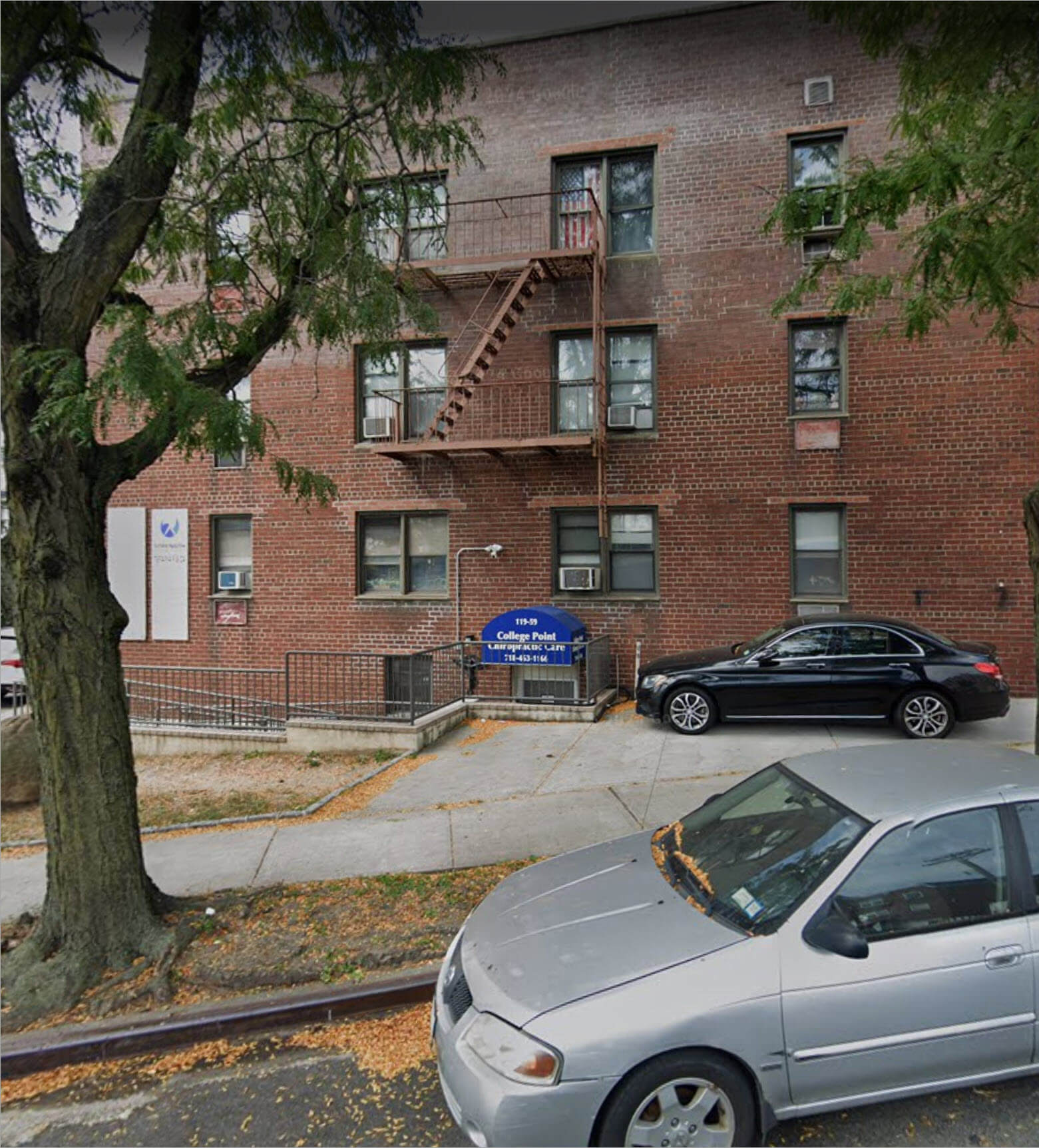
Car accidents can lead to a range of physical injuries and psychological effects, with chronic pain being one of the most common long-term consequences. Managing chronic pain effectively requires a comprehensive approach that addresses the physical injuries, psychological impacts, and lifestyle changes needed to improve quality of life. This blog explores strategies for managing chronic pain following a car accident, utilizing insights from experts in the field, including treatment options available through InjuryDocsNow.
Understanding Chronic Pain After Car Accidents
Chronic pain after a motor vehicle accident can manifest in various forms depending on the nature of the injuries sustained. Common types of pain include muscle stiffness, nerve damage, and pain in the neck and back, often exacerbated by tissue damage and inflammation. The central nervous system may also be affected, leading to heightened pain responses and sensitivity.

The Role of Medical Evaluation
The first step in managing chronic pain effectively is obtaining a thorough medical evaluation. This assessment helps identify the specific medical conditions caused by the accident and is crucial for developing an appropriate treatment plan. Healthcare providers can assess the extent of tissue damage and any impact on the central nervous system, which are common in severe vehicle accidents.
Treatment Options for Chronic Pain
1. Medication:
Pain relievers are often prescribed to manage pain in the short term. However, due to the potential side effects and risk of dependency, their long-term use must be carefully monitored by a healthcare provider.
2. Physical Therapy:
Physical therapy is pivotal in the treatment of chronic pain, significantly improving mobility and functionality. Therapists work on strengthening exercises, flexibility routines, and other techniques to restore range of motion and reduce stiffness.
3. Psychological Support:
Chronic pain is frequently associated with psychological conditions such as post-traumatic stress disorder (PTSD) following a car accident. Psychological therapies, including cognitive behavioral therapy (CBT), can help manage the emotional aftermath of an accident.
4. Alternative Treatments:
Techniques such as acupuncture, massage therapy, and chiropractic care can effectively manage chronic pain. These methods are often combined with more traditional medical treatments to provide holistic care.

Navigating Insurance and Healthcare Coverage
Understanding your insurance coverage is crucial when dealing with chronic pain management after a car accident. Most insurance plans will cover medically necessary treatments, but the specifics can vary based on your policy. It’s essential to file an insurance claim promptly and keep detailed records of all treatments received to ensure that you maximize your benefits under your insurance terms.
Lifestyle Adjustments for Managing Chronic Pain
Making adjustments to your daily life is often necessary to manage chronic pain effectively:
1. Diet and Nutrition:
Eating a balanced diet rich in anti-inflammatory foods can help reduce inflammation and support tissue repair.
2. Exercise and Physical Activity:
Regular, gentle exercise can help maintain muscle tone and support physical recovery. Activities should be tailored to avoid exacerbating the pain.
3. Stress Management:
Managing stress through techniques like meditation, yoga, or deep breathing exercises can significantly affect pain levels and general well-being.
Long-Term Strategies
The management of chronic pain is a long-term commitment. Regular follow-ups with healthcare providers are vital to adjust the treatment plan as needed. Patients should proactively communicate their pain levels and any changes in their condition.
Leveraging Resources Like InjuryDocsNow for Chronic Pain Management
Navigating the healthcare landscape to find effective treatment can be overwhelming for those dealing with chronic pain after a car accident. Platforms like InjuryDocsNow are invaluable in simplifying this process by connecting patients directly with a network of specialized healthcare providers. InjuryDocsNow offers access to a range of professionals experienced in the nuances of accident-related injuries, including orthopedists, neurologists, and physical therapists who are well-versed in the latest pain management techniques.
Using a resource like InjuryDocsNow allows patients to easily find providers who understand the complexities of chronic pain, especially pain stemming from motor vehicle accidents. This platform not only helps identify the right specialists quickly but also provides tools and support for managing insurance claims related to medical treatments. With InjuryDocsNow, patients can ensure that their treatment plans are covered, reducing the financial stress often associated with long-term therapy and rehabilitation.
Moreover, InjuryDocsNow emphasizes a multidisciplinary approach to pain management. This is crucial because chronic pain often requires interventions from various angles—from physical therapy and medication management to psychological support and lifestyle adjustments. The platform facilitates integrated care coordination, which can significantly enhance the effectiveness of the overall treatment plan.
InjuryDocsNow offers educational resources that help patients better understand their conditions and the available treatment options. This empowerment through knowledge ensures that patients are active participants in their recovery process, making informed decisions about their health care and engaging more effectively with their treatment programs.
Leveraging a resource like InjuryDocsNow can transform a patient’s journey toward recovery by providing comprehensive access to specialized care, support in navigating insurance processes, and educational resources—all tailored to the unique needs of individuals recovering from car accident-related injuries.
Frequently Asked Questions:
How can I monitor my pain levels effectively at home?
Keeping a pain diary can be an effective way to monitor your pain levels. Record the intensity, location, and duration of pain daily, along with any activities or treatments that increase or decrease your pain. This information can be crucial for your healthcare provider to adjust your treatment plan.
What role does sleep play in managing chronic pain?
Quality sleep is crucial for pain management, as it helps the body repair and regenerate. Poor sleep can exacerbate pain sensitivity and inflammation. Discuss sleep hygiene practices or possible treatments with your doctor if you’re having trouble sleeping.
3: Can weather affect chronic pain after an auto accident?
Yes, some individuals find that their pain worsens with weather changes and icy and damp conditions. This may be due to changes in barometric pressure affecting the tissues around injured areas. Staying warm and maintaining light physical activity during colder months can help manage this type of pain sensitivity.
Embracing Comprehensive Care for Long-Term Relief from Car Accident-Related Pain
Managing chronic pain after a car accident requires a multifaceted approach that includes medical treatments, psychological support, and lifestyle adjustments. Working with healthcare professionals to develop a personalized treatment plan that addresses all aspects of your health condition is crucial. With the right strategies and support, individuals suffering from chronic pain can regain control of their lives and significantly improve their quality of life. If you are struggling with pain after a car accident, consider reaching out to InjuryDocsNow to connect with experts who can guide you through your recovery journey.
Visit Injury Docs Now today to find the right doctor and get the care and support you need for both your recovery and legal success.









































